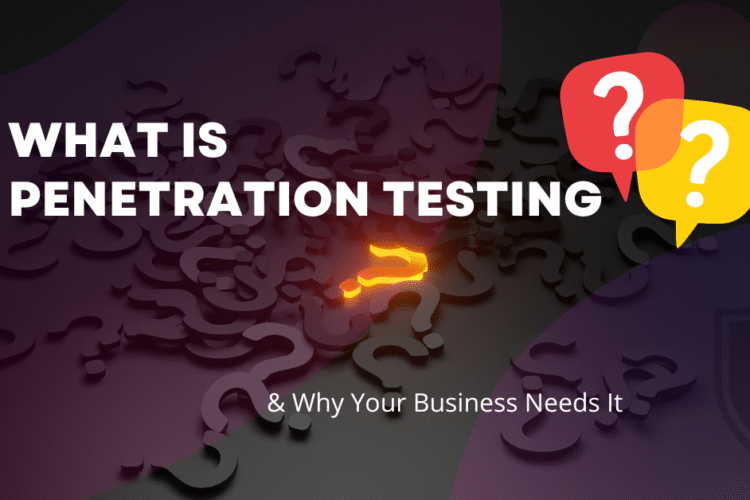
In recent years, threats to cyber security have evolved significantly, becoming more sophisticated and complex.
Cyber-attacks are no longer limited to small-scale incidents; they now pose serious risks to data security and business continuity. Amid this rise in cyber threats, artificial intelligence (AI) has emerged as a powerful solution capable of dramatically strengthening cyber security.
AI not only fortifies protections against cyber threats but also transforms how security operations are managed. By leveraging AI, organizations can identify threats faster, analyze vast amounts of data, and respond to attacks more effectively. Here, we explore how artificial intelligence plays a vital role in enhancing cyber security.
Benefits of Artificial Intelligence in Cyber Security
1. Faster Threat Detection
Artificial intelligence has the capability to process data in real-time, enabling faster threat detection compared to conventional methods. Using advanced algorithms, AI can analyze patterns and anomalies in data, often identifying the first indicators of a cyber-attack.
For example, AI can detect suspicious network traffic or unusual login behavior, potentially signaling an attempted hack. According to a report by IBM Security Intelligence, organizations that integrate AI into their cyber security systems can detect and respond to cyber-attacks up to 60% faster.
In this way, AI becomes one of the most effective tools in security operations to safeguard data security.
2. Automated Incident Response
AI-based security systems go beyond threat detection by automating incident responses. When a threat is identified, AI can take mitigation steps without human intervention.
This feature saves valuable time and resources that would otherwise be required for a manual response. For example, AI can block suspicious IP addresses or limit access to systems under attack, all within seconds.
This capability provides a significant advantage in security operations, especially when dealing with sudden cyber threats.
3. Security Task Automation
AI enables the automation of many security tasks that traditionally require significant time and human resources. Tasks like log analysis, threat identification, and system updates can be automated with AI, allowing for more efficient security operations.
Additionally, AI can predict potential attacks before they occur, offering proactive protection against diverse threats. For example, AI can analyze past attack patterns to identify future vulnerabilities, thereby strengthening data security before an attack even takes place.
4. Big Data Analysis
In today’s digital landscape, the volume and complexity of generated data are continually increasing. AI has the ability to manage massive data volumes and analyze them quickly.
Through artificial intelligence, cyber security teams can uncover trends and patterns within data, which help to understand the nature of past cyber-attacks and predict future ones. This big data analysis is crucial in monitoring suspicious activities and enhancing overall data security.
5. Enhanced User Authentication
AI also plays a crucial role in securing user authentication processes. AI-based systems can utilize biometric data, such as fingerprints, facial recognition, or voice patterns, to ensure that only authorized users have access to specific systems.
This technology provides a more secure authentication process compared to traditional methods like passwords. In this way, AI strengthens data security by offering more robust and difficult-to-breach access protection.
Challenges and Risks of Using AI in Cyber Security
1. More Advanced Attacks
On the flip side, the advancement of AI also brings new challenges to the field of cyber security. Hackers are now beginning to leverage artificial intelligence to create more sophisticated and harder-to-detect attacks.
For instance, AI can be used to craft highly convincing phishing attacks or adaptive malware that conceals itself more effectively. This development creates a continuous challenge for cyber security teams to develop more resilient AI systems that can withstand increasingly complex attacks.
2. Skills Gap
Implementing AI in cyber security requires a higher level of technical expertise than is currently available in the workforce. Therefore, companies need to invest in training to ensure that their cyber security staff can effectively utilize AI technology.
This skills gap can be a barrier for many organizations in adopting AI-based security solutions, especially for smaller businesses that may not have the resources to invest in additional training.
3. Algorithm Bias Risks
A common issue in AI use is the potential for algorithmic bias. Bias can occur because the data used to train AI may not accurately represent various situations or populations.
In cyber security, algorithmic bias may lead to inaccurate or even discriminatory responses from the system. Therefore, it is essential for organizations to ensure that the data used to train AI is free from bias, as biases could lead to flawed decisions in security operations.
4. Decisions Without Human Oversight
While AI can increase efficiency in security operations, it is crucial to retain human involvement in critical security decisions. Relying entirely on AI for decision-making can result in unintended errors that may have severe consequences for data security and security operations as a whole.
Automated decisions, especially in high-stakes cyber security scenarios, should always include human oversight to verify accuracy and to ensure that the actions taken align with the organization’s risk management strategy.
What Does the Future Hold for AI in Cyber Security?
AI is expected to continue evolving and playing an even greater role in the realm of cyber security. With ongoing advances in AI technology, the hope is that cyber security will become even more effective in protecting sensitive data and critical operations.
In the future, AI may be further integrated into predictive analysis, enabling the identification of threats before they even materialize. Additionally, we may see the development of AI-based security systems that can autonomously learn and adapt to new threats in real-time.
However, the current challenges must be addressed responsibly. Organizations should ensure that the use of AI in cyber security is done ethically and responsibly, which includes ensuring that AI systems are not only effective but also fair and reliable.
Artificial intelligence has brought about a significant transformation in cyber security, from faster threat detection to automated incident responses. However, the use of AI in cyber security also requires cautious and well-thought-out approaches to avoid potential risks. Organizations must adapt to this technology and equip their teams with the right skills.
For reliable AI-driven cyber security solutions, turn to Grintops, a company dedicated to providing maximum data security protection and efficient security operations solutions. Grintops is ready to help you tackle cyber threats with cutting-edge technology backed by artificial intelligence.

